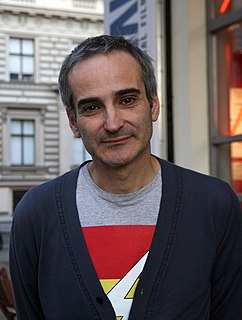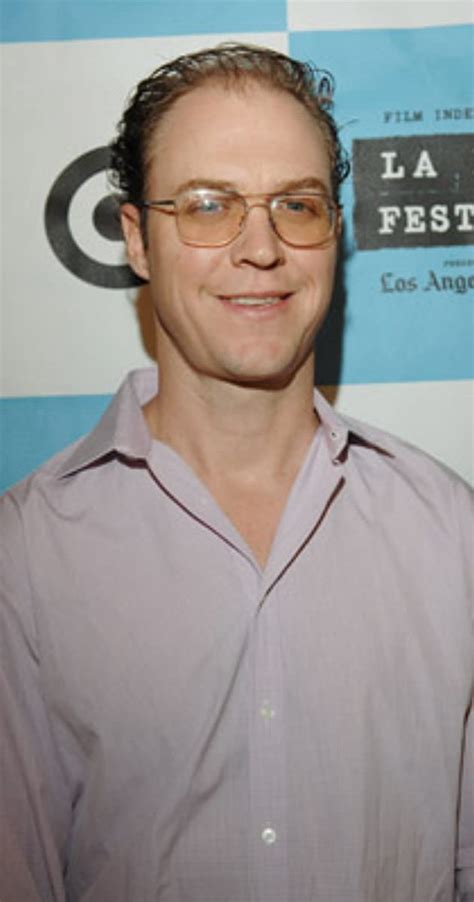A Quote by Morten Tyldum
You never have any idea where your movie's going to go when you're shooting - you're in this little bubble. Everything you care about is getting the next step right: getting the script right, finding the right actors, shooting it. Then you spend half a year in a dark room editing your film, and you don't talk to anybody.
Related Quotes
If you make a film, that magic is not there, because you were there while shooting it. After writing a film and shooting it and being in the editing room every day, you can never see it clearly. I think other people's perception of your film is more valid than your own, because they have that ability to see it for the first time.
When I make films I'm very intuitive; I'm instinctive. When you are shooting there's little time to think about abstract ideas, it's about getting things done, getting them right, and trying to channel the energies and get the best of whatever you have on your set. It's only once the film is finished that it's like, "Okay, let's try to figure out what happened." Try to figure out exactly what I did.
Writing is so... I don't know, it's such a practice, and I feel very unpracticed in it, because I'm not doing it every day. And I really need to do it every day. In other words, you spend all this time writing a movie, and then you stop, and then you're shooting the movie, and then you're cutting, and a year and a half goes by, because in the editing room, you're not writing.
If there's a cutaway, you need to get it then because it's only going to last [a few moments]. You have to edit the movie as you're shooting it in your head and communicate with your crew about how it's going to work. While making a movie, you have the luxury of storyboards and a script and a bigger crew and actors. I mean, it's so much easier.
Sometimes people come in as a director, and they just want the result, and they barely want that to tell you the truth. Sometimes directors barely talk to the actors; they are so focused on the cinematic elements of the movie, getting the shot and getting the lighting right or getting the CGI effects right and all of that, and they just trust that you are just going to do what you do.
Somebody comes to your house. You know they're coming, so it's not a surprise. And they give you an envelope that has your scenes in it. And they sit in the car outside for a half an hour while you read your scenes, then they ring your doorbell and you give your scenes back. Then you shoot the movie a few weeks later or something. The next time you see your scenes is the night before you start shooting. I never read the script [Blue Jasmine], so I didn't really know what it was about.
As soon as you're finished shooting, you have to go into the edit room and choose all of the shots that you're going to commit to because the visual effects vendor has to get it because they'll spend months on it. So, you're editing out of sequence before you've gotten a film for the movie and the performances.
All three parts of filmmaking [writing, shooting, editing] contribute to rhytm. You want the script to be a tight as possible, you want the acting to be as efficient as possible on the set, and you have enough coverage to manipulate the rhythm in the editing room, and then in the editing room you want to find the quickest possible version, even if it's a leisurely paced film. I definitely in filmmaking more and more find writing and directing a means to harvest material for editing. It's all about editing.
Everything in comedy's got to be exactly right, which is why making a comedic film is kind of a difficult process, because, for most of the two years of shooting it and editing it and reshooting and all of that, it's not quite right. And it's only when you just at the end, you put the final polish on it, it becomes really funny again.



































